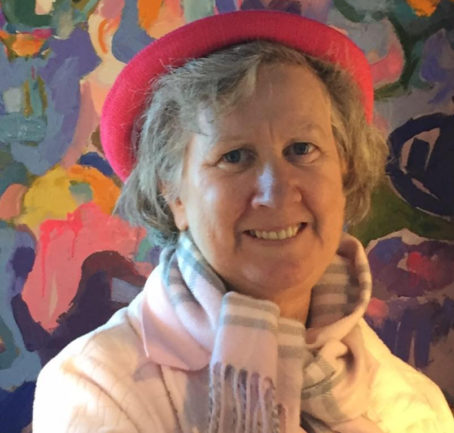Australian Prime Minister Anthony Albanese has promised to re-establish the Australian Council of Local Government, a body created by the Rudd federal government and killed off by the Morrison government.
Mr Albanese, speaking at CEDA with a State of the Nation address on Thursday, September 8, spoke about Equality for women in his speech and was asked about Local Government during questions afterwards.
James Pearson, CEO of the City of Joondalup in Western Australia, asked the PM how his government would engage with councils to deliver economic and social reform.
Anthony Albanese said his government would re-engage directly with local government.
“And one of the things that we will be re-establishing is the Australian Council of Local Government, a body that brings together every local government, from memory there’s 537 in Australia, together with the national government to talk about how those priorities and programs can best be delivered,” Mr Albanese said.
“The other thing I found is that delivering programmes to local government is more efficient than other forms of government as well.
“They employ day labour, they have suppliers who are locals as well, so it has a multiplier effect in local communities.
“I really look forward to my government re-engaging with local government.”
He said direct engagement was important.
He said he wanted a “reframe”, something he had done as a former Minister for Local Government.
“I think across a range of funding programmes the key dynamic or factor was an electoral map. We have rejected that approach,” Mr Albanese said.
“So I believe, for example, that community infrastructure funding, whether it be for local roads or local facilities, things that will drive local jobs, should be determined at the local level.
“And local government is in the best position to do that because it is local government that elected representatives and have a much better idea of doing it than making decisions in Canberra or, for that matter, in state governments.”
Australian Local Government Association president Linda Scott last week attended the federal government’s Jobs Summit to represent the 200,000 Australians working in 537 local governments in more than 400 occupations.
“I spoke to the Government and Summit leaders about the biggest challenges we have – a lack of funding, and uncertainty of funding,” she said.
“Financial Assistance Grants to local government have slid from 1 percent of Commonwealth taxation revenue in 1996 to just 0.55 percent today.”
She said that restoring these grants to at least 1 percent would support local governments to invest in workforce planning and development, increasing the productivity of their workforce, and training Australia’s workers of the future.
“So together, as we work with this new Federal Government our message – together – is: we’re local, we’re in every city, town and community. We’re on the front line, and we’re ready to help,” Ms Scott said.
CEDA is the Committee for Economic Development of Australia, a bipartisan, non-profit organisation discussing the economic and social issues affecting Australia.


